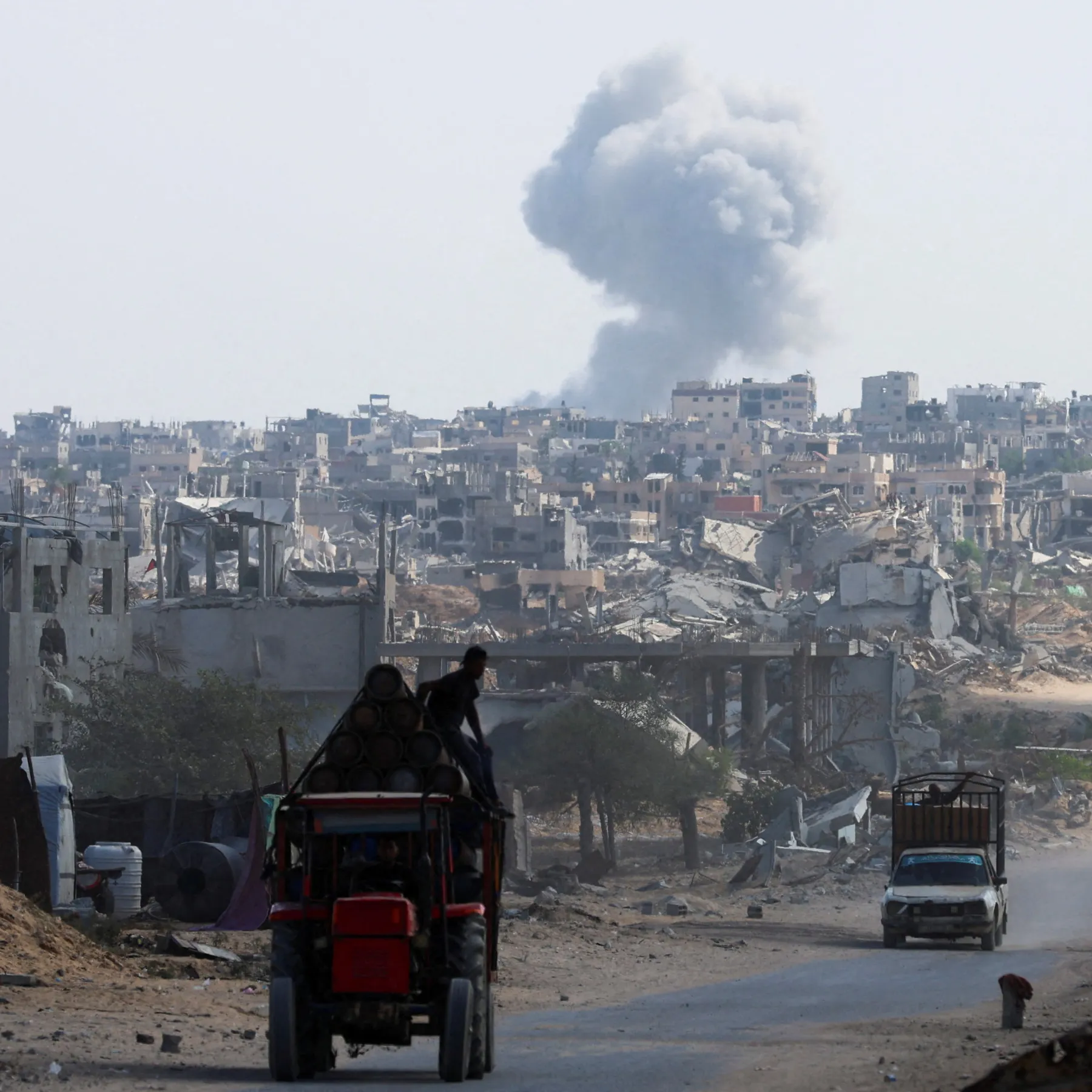Summary
In September 2025, a United Nations Commission of Inquiry concluded what many on the ground have known for months: Israel is committing genocide in Gaza. The commission cited deliberate acts—mass civilian killings, destruction of vital infrastructure, deprivation of basic needs, and explicit incitement from Israeli officials—that collectively meet the threshold under the 1948 Genocide Convention.
And yet, in the United States, the word “genocide” remains politically taboo. Lawmakers dodge it, journalists dilute it, and diplomats avoid it altogether. This isn’t semantic caution—it’s calculated silence. By refusing to name genocide, U.S. officials shield allies from accountability, sidestep treaty obligations, and normalize a global hierarchy in which some human lives are deemed less grievable than others.
Analysis
The U.N. commission’s report was clear: Israeli authorities have committed acts consistent with genocide, including killing members of a protected group, inflicting conditions designed to destroy life, and preventing births among Palestinians. The findings recommended that all member states review military and economic cooperation with Israel and suspend arms transfers immediately.
Despite that clarity, Washington’s response was predictably evasive. President Trump and senior administration officials characterized the findings as “one‑sided,” insisting the situation was “complex” and that Israel had the right to defend itself. These talking points echo years of U.S. foreign policy continuity: affirm Israel’s actions, minimize Palestinian death, and defer accountability indefinitely.
But denying genocide is not a neutral act—it is participation. The Genocide Convention, to which the U.S. is a signatory, obligates states not only to punish but also to prevent genocide. Pretending not to see it allows the killing to continue under diplomatic cover. Silence becomes a strategy, not a lapse.
Meanwhile, Trump’s so‑called “takeover plan” for Gaza only deepens the moral rot. His February 2025 proposal to “redevelop” Gaza under U.S. supervision and transform it into the “Riviera of the Middle East” reads like a colonial blueprint, not a peace proposal. The plan includes relocating populations, restructuring governance, and inviting American investors to “rebuild” on flattened Palestinian neighborhoods.
Such proposals convert genocide into an opportunity—where mass death becomes the pretext for real estate speculation, economic control, and narrative cleansing. It is the “displacement economy”: an old imperial tactic dressed in new neoliberal language.
This pattern—silence on atrocity, appropriation of reconstruction, rewriting of agency—reveals how global power sustains itself. Gaza’s suffering is filtered through press releases, branded as progress, and sold as stability. Trump’s rhetoric is not merely tone‑deaf; it’s a strategic repackaging of colonial dispossession for a modern audience.
The Price of Silence
Failing to name genocide has consequences far beyond Gaza. It signals to aggressors everywhere that impunity is possible if you have the right allies. It erodes the credibility of international law and diminishes the power of global institutions meant to protect civilians. It tells survivors that their suffering will be footnoted, not honored.
For Palestinians, this denial compounds trauma. Generations have witnessed occupation, blockade, and bombardment—but 2025 has introduced annihilation on an industrial scale. When the U.S. refuses to say “genocide,” it denies victims even the dignity of acknowledgment.
The Weaponization of Language
The refusal to use the term “genocide” also reflects a deeper problem: the manipulation of language as political armor. Calling it “war” implies mutuality. Calling it “conflict” implies parity. Both distort the reality of asymmetrical power—an occupying army versus an imprisoned civilian population.
This linguistic sleight of hand allows U.S. leaders to maintain the façade of diplomacy while backing policies that perpetuate death. The insistence on neutrality is itself a form of violence. Neutrality in the face of massacre is not balance—it is endorsement.
My Opinion
To deny genocide is not prudence—it is complicity. The United States, under Trump, has chosen to mute its conscience in service of geopolitical loyalty and domestic politics. His refusal to name or condemn atrocity is not ignorance; it is intentional. It aligns perfectly with a worldview where power absolves itself, where victims must prove their humanity before earning recognition.
Trump’s vision of Gaza—as property to be “redeveloped,” as chaos to be “controlled,” as history to be “rebranded”—is the logical extension of this silence. It transforms a genocide into a business plan. It commodifies pain and cloaks it in patriotic rhetoric.
We cannot allow that erasure. Every civilian buried under rubble, every hospital stripped of power, every family displaced from land is a record of what silence produces. To speak plainly—to say genocide—is to reclaim moral language from political cowardice.
Naming matters. It is the first step toward justice, accountability, and repair. Until the United States abandons its strategic silence, it remains not an observer of atrocity, but its enabler.
Engagement Resources
- Human Rights Watch – Monitoring and documenting human rights violations, especially in Gaza.
- International Federation for Human Rights (FIDH) – Global coalition of human rights NGOs, often engaged in legal advocacy.
- Genocide Watch – Monitors and warns against escalating genocidal risk, offers alerts and policy guidance.

